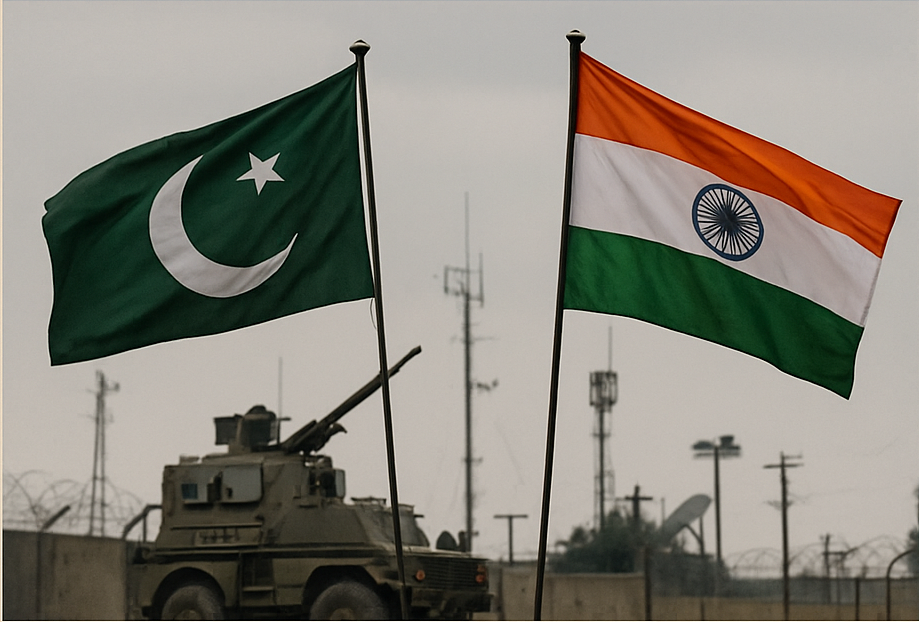Pakistan Responds to India with Strong Retaliatory Actions: Usurpation of Water Share to Be Considered ‘Act of War’

Islamabad, Pakistan – Tensions between Pakistan and India have escalated sharply after Pakistan issued its most severe warning to date regarding alleged Indian attempts to alter or obstruct the natural flow of rivers allocated under the Indus Waters Treaty. In a high-level press briefing on Tuesday, Pakistan’s Foreign Office declared that any “unilateral diversion or manipulation” of its rightful water share will be interpreted as an act of war.
The statement came in response to recent media reports and satellite imagery suggesting intensified Indian construction activity on dams and water channels along the western rivers—those meant for Pakistan under the 1960 Indus Waters Treaty (IWT), a World Bank-brokered agreement hailed for decades as a model of conflict resolution over shared resources.
“Water is the lifeblood of our people, our agriculture, and our future,” said Foreign Minister Ahsan Qureshi. “We have shown patience. We have sought dialogue. But if India continues to tamper with the flow of our rivers, Pakistan will have no choice but to respond with equal, if not greater, force.”
The Water War Warning
This is not the first time the two nuclear-armed neighbors have clashed over water rights, but the recent developments mark a new phase of direct, militarized rhetoric. Analysts believe the current statement represents a shift in Pakistan’s strategic posture—elevating water security to the level of national defense.
Pakistan has long accused India of exploiting loopholes in the treaty to build storage and hydropower infrastructure on rivers such as the Chenab and Jhelum, potentially disrupting water availability during crucial agricultural seasons in Punjab and Sindh. India, for its part, maintains that all constructions are within the legal limits of the treaty and intended for non-consumptive use.
Regional Reactions and Global Concerns
The international community, particularly the United Nations and World Bank, has expressed concern over the rapidly deteriorating dialogue between the two South Asian nations. Calls for calm and return to the negotiating table have been issued by both Washington and Beijing, with China especially concerned due to its own transboundary river projects in the region.
Environmental experts also warn that escalating tensions over water resources could have catastrophic consequences for millions, especially as both countries face increasing climate-related water stress. Droughts, floods, and glacial melt are intensifying pressure on already fragile systems.
What Comes Next?
In a symbolic move, Pakistan has summoned its ambassador to New Delhi for consultations and placed military units on high alert along key water reservoirs. Meanwhile, India has remained largely tight-lipped, though unofficial sources suggest heightened surveillance along critical dam infrastructure.
As the Indus Waters Treaty—once a beacon of cooperation—faces its toughest test yet, observers are left wondering: is South Asia heading toward the world’s first water war?



